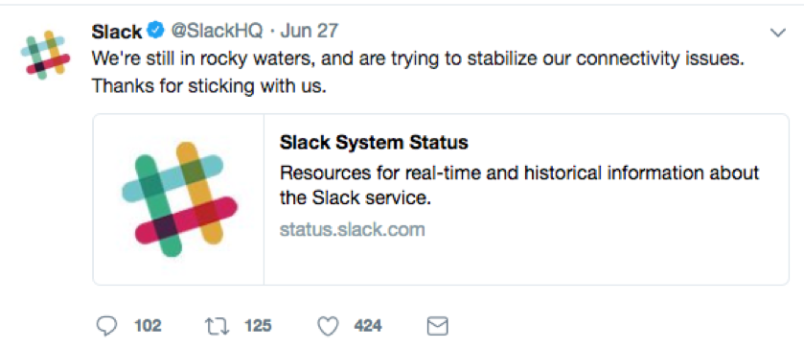Today’s customers expect to be engaged directly. In the past, B2B companies have typically lacked the warmth and personality that connect FMCG brands to their consumers.
It’s customary for FMCG companies to put their brand first to create a personal relationship with consumers. This level of consumer engagement has made it increasingly necessary for B2B companies to tap into similar emotional purchase drivers. The result has been a blurring of the lines between B2B companies and FMCG brands.
For more on how FMCG brands continually elevate their consumer engagement, take a look at CBA New York’s Creative Director, Rutger Thiellier, explanation on how Packaging is Alive.
So, how do traditionally cold and functional B2B companies cut through all the clutter? Well, it all starts with YOU, the customers.
B2B marketers that take the time to know and listen to their customers are best equipped to engage directly with them. And the best of them do it in a way that humanizes their message.
Today’s purchasing drivers go beyond selection based on functional needs, even within the B2B environment. Identifying with a business on a more emotive, personal, and human level promotes an intangible connection that ultimately drives sales. Imagine selecting a contractor for your home – you’ll ultimately select the one that you can have a direct conversation with, who you feel has heard you, and can demystify complex problems in a way that you understand.
As most B2B marketing is digital and lacking in one-on-one interaction, it’s interesting to note that studies show a significant 19% increase in sales when businesses personalize their web experience. Simply put, customers are responding to the brands that sound, feel, and behave more human. People, after-all, hold board positions, approve budgets, and ultimately make the decisions. So, connecting with the decision makers on a personal level goes a long way.
Take a look at these three B2B marketing campaigns that contextualize their products and services, honing in on the intangible factors that drive purchase, and establish a clear and true emotional bond.
3M claims its products are never more than three meters away from its customers. The whimsical and lighthearted campaign humanizes the brand and puts a face to its customers. Through contextualizing 3M products within the everyday lives of customers, the brand achieves a new level of connection with its target market.
Freelance networking channel, Upwork, breaks the fourth wall of B2B marketing. The “Hey World” campaign directly engages B2B employees through traditionally FMCG channels. I saw the vibrant and playful campaigns on the subways from work and during a commercial break from my weekly Handmaid’s Tale viewing on Hulu. A colleague saw the ads in San Francisco on her commute in as well. We both were independently struck at the humor, timeliness, and personality of the campaign.
Collaboration hub, Slack, ran into some connectivity issues last week…did you notice, too?! The company’s Twitter account was on top of it; responding to its customers in real-time and still maintaining their personal touch. Slack not only sympathized with their customer’s complaints, but responded on a human-level.

3M, Upwork, and Slack demonstrate how B2B companies are listening and behaving more like FMCG brands. Personalizing messages, engaging in unexpected mediums, and contextualizing services within a customer’s everyday lives have elevated B2B marketing expectations.
For emerging B2B companies to cut through the clutter and for existing B2B powerhouses to stay relevant, B2B companies will have to keep YOU, the customer, close to heart.
